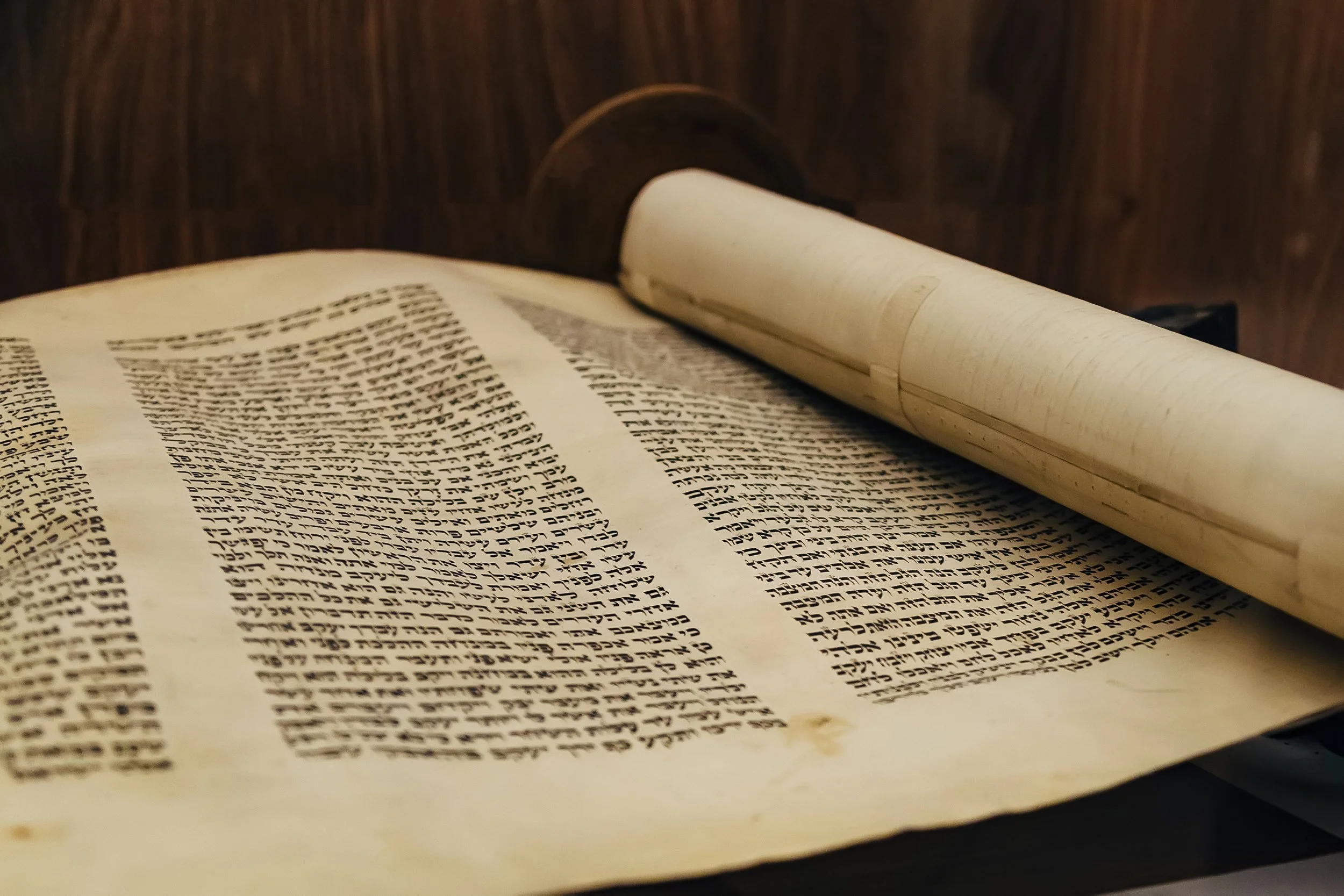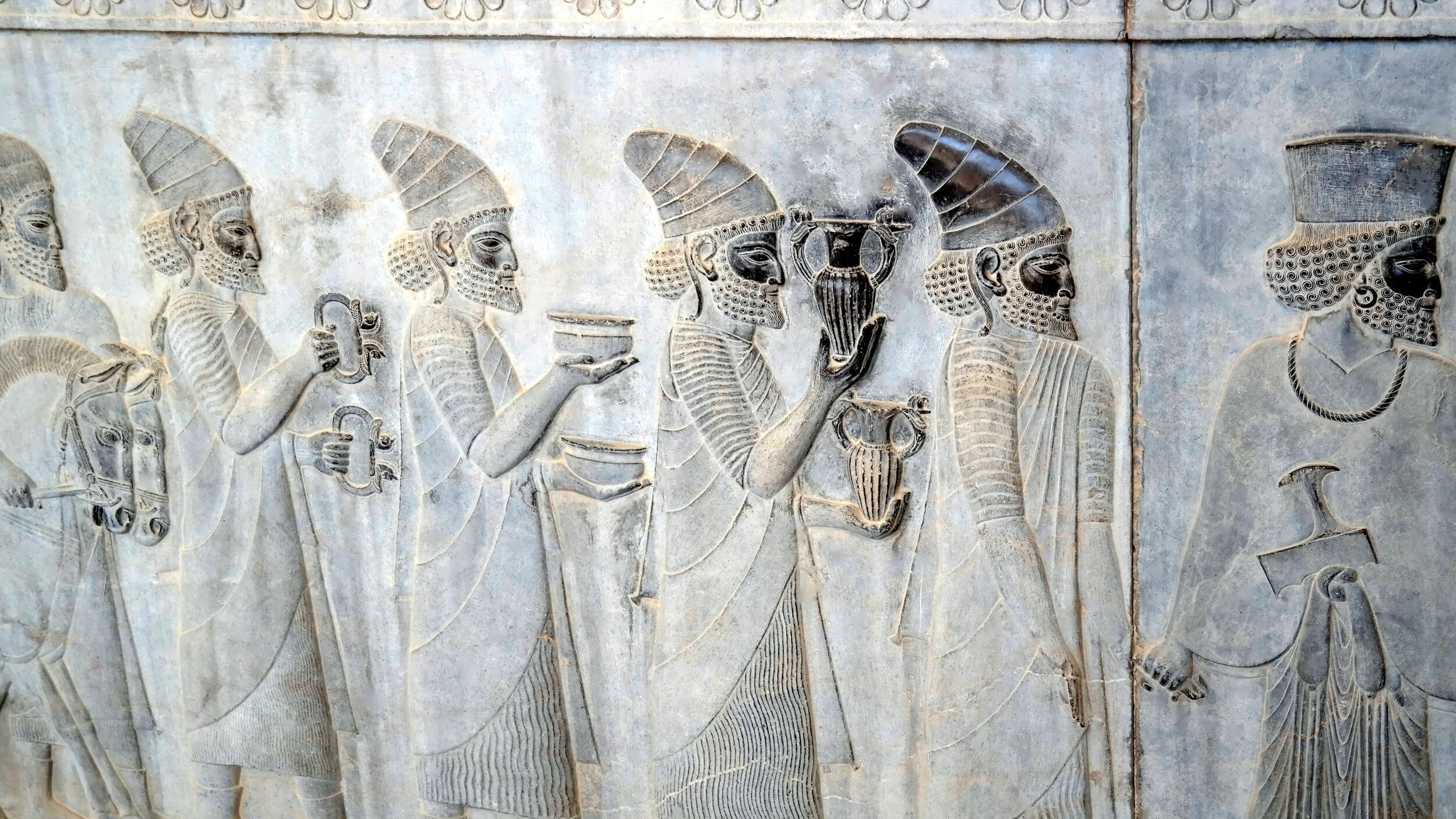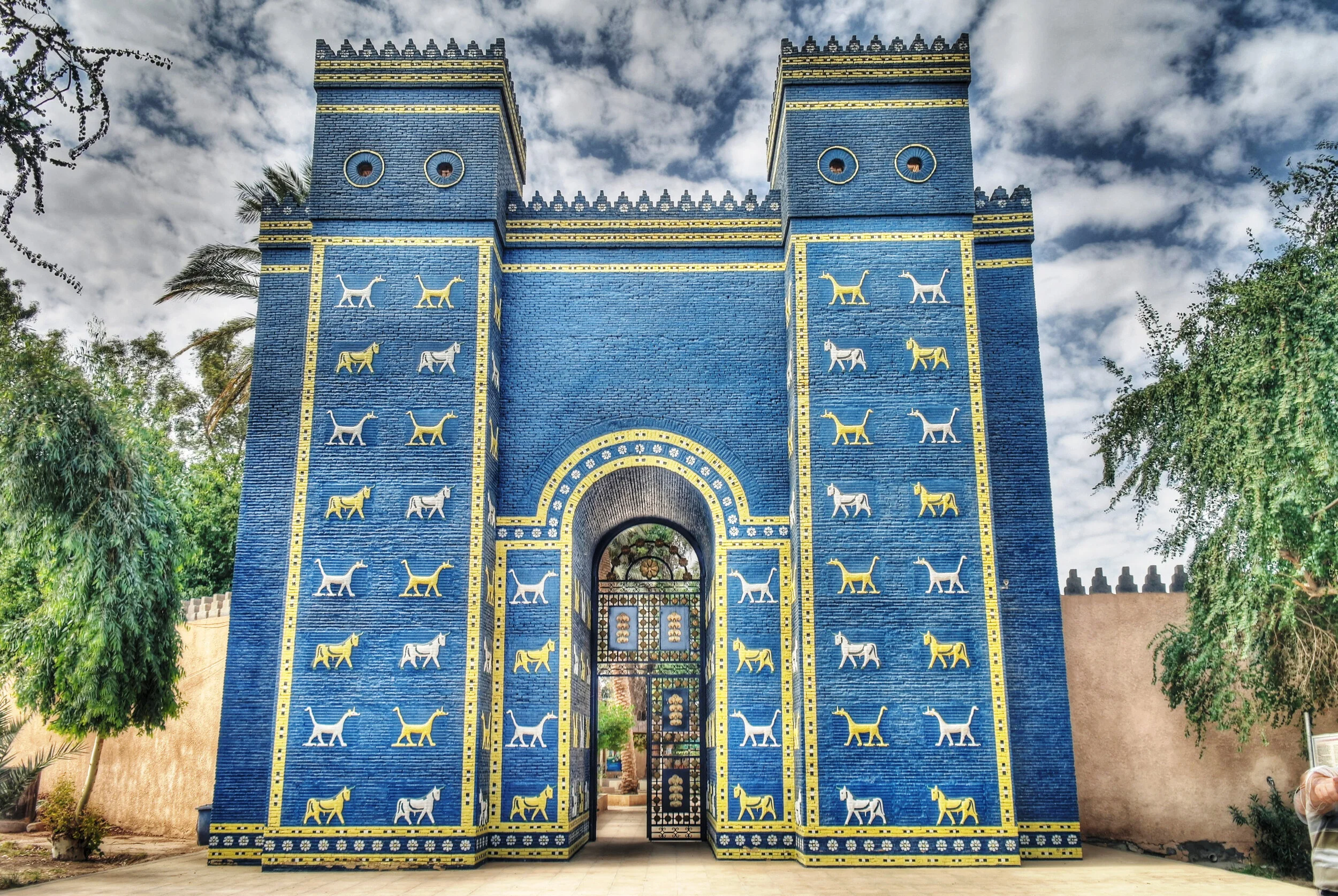As a wisdom psalm, it asks what is essentially the most important question anyone could ever ask. It then answers its own question with profound clarity. Yet, the implications of this passage can easily be missed by those who overestimate their own spiritual condition.
Read MoreIn His kindness, God raised up Haggai for a short four-month, four-message ministry to turn the hearts of His people back to Himself.
Read MoreAnd so it is that with an incomplete return, inferior temple, and immoral nation, the truth becomes even more evident that only the Son of God—the Lord Jesus Christ—can restore Israel (cf. Acts 1:6).
Read MoreThus, this narrative is not of good people doing good things for a good outcome, but of a good God bringing about a good outcome through sinful people.
Read MoreThrough a series of dreams and visions, God revealed to Daniel not only much about His predestined plans for the future, but much about the coming one world ruler who would try (unsuccessfully) to stop them.
Read MoreSo it was that Ezekiel comforted them with a promise that God would seek out His sheep, destroy their enemies, regenerate the heart of the entire nation, and—in one of the most memorable illustrations of salvation—raise an entire valley of dead bones back to life. In other words, there would be a day in which God would single-handedly grant spiritual revival to all Israel (cf. Rom. 11), just as He does in the life of each individual who comes to saving faith today.
Read MoreScripture appropriates some actions to the Father because they reveal him as the Father. Likewise, Scripture appropriates some actions to the Son because they reveal him as the Son and to the Spirit because they reveal him as the Spirit.
Read MoreWhen people want to be lied to, and look to use God’s name for that end, not only do they accumulate false teachers for themselves, but God is the one who provides them. When men give God false devotion, He gives them false direction. When they offer false piety, He offers false prophecy.
Read MoreYet, in spite of their sin, God had not forgotten about His people—nor His enemies (cf. Lam. 3:59-66). With such an exalted view of God, it’s no surprise that in 1925, Thomas Obadiah Chisholm (1866-1960) wrote the famous hymn “Great Is Thy Faithfulness,” based on the third lament in this book.
Read More









